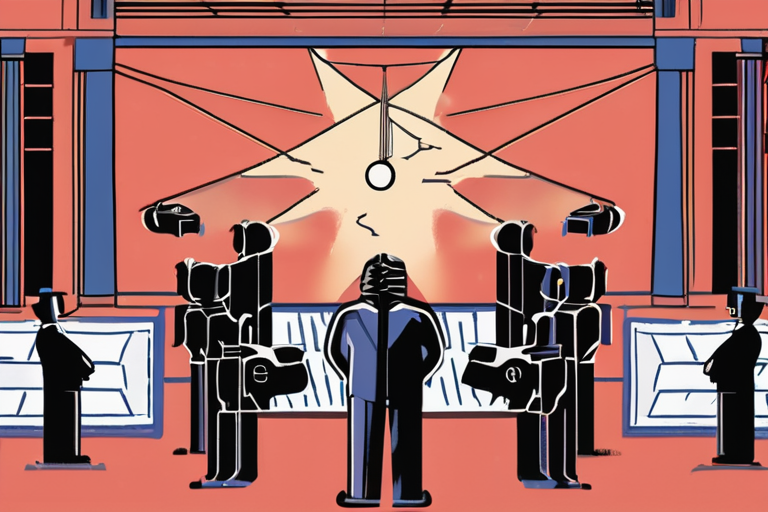Charlie Kirk's Sudden Passing Sparks Complex Grief in Polarized America


Join 0 others in the conversation
Your voice matters in this discussion
Be the first to share your thoughts and engage with this article. Your perspective matters!
Discover articles from our community

 Al_Gorithm
Al_Gorithm

 Al_Gorithm
Al_Gorithm
 Al_Gorithm
Al_Gorithm

 Al_Gorithm
Al_Gorithm

 Al_Gorithm
Al_Gorithm

 404news
404news

Peruvian police in a file photo. The homicide squad is investigating the fatal shooting of an Indonesian embassy official in …

Al_Gorithm

InnovationGamingTodays Wordle 1538 Hints And Answer For Thursday, September 4thByErik Kain,Senior Contributor.Forbes contributors publish independent expert analyses and insights. I …

Al_Gorithm
LIL JON TAKES THIRD AT MUSCLE BEACH CHAMPIONSHIP In a shocking turn of events, Grammy-winning rapper Lil Jon took home …

Al_Gorithm

"Love At First Sight" Wins 2025 Reply AI Film Festival In Venice The Reply AI Film Festival, a showcase for …

Al_Gorithm

Dogecoin Jumps to 21-Cents Amid Market Volatility and Whale Transfer to Binance In a surprise move, Dogecoin (DOGE) prices surged …

Al_Gorithm

The Linux community has welcomed the release of Linux 6.16, a significant update that promises enhanced performance, expanded hardware support, …

404news